Changing the face of Grand Forks
Restoration and protection are priorities for the city of Grand Forks
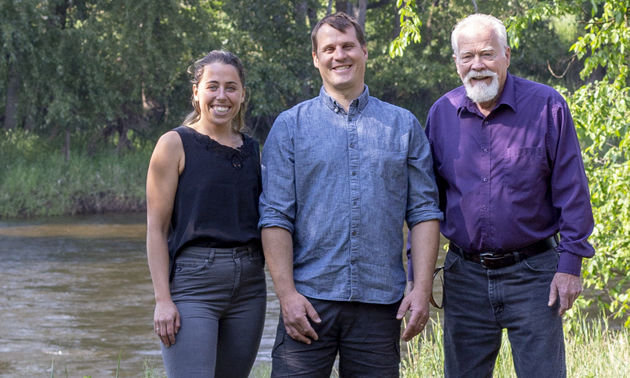
Emmeline Marshall-Hill, housing branch director, Boundary Flood Recovery; Graham Watt, flood recovery manager for the Regional District of Kootenay Boundary; and Brian Taylor, mayor of Grand Forks. — Kevin McKinnon photo
A year after the May 2018 flood in the Boundary region of B.C., the City of Grand Forks has developed a strategic buy-out and redevelopment plan to compensate its residents for their losses and protect the community in the event of future flood threats.
The City cannot accomplish the task of buyout and redevelopment without significant financial help from the provincial and federal governments, and it has applied to the Disaster Mitigation & Adaptation Fund for $50 million. The funding has not, as of June 12, been approved, but Brian Taylor, the mayor of Grand Forks, said “all indications are positive” for a favourable response.
The goal and the plan
The City wants to ensure that its citizens are safely housed and that they are protected from flood disaster in the future. To help accomplish that, the City has decided to buy out the owners of properties in the neighbourhood known as North Ruckle, and return the area to its natural flood-plain status.
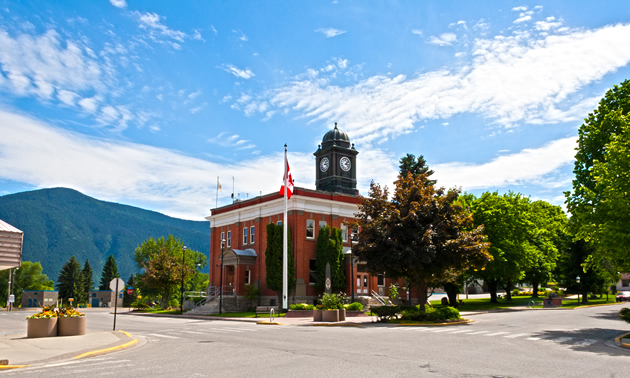
Grand Forks city hall reflects the city's historical ambience. — Photo courtesy City of Grand Forks
Protecting the downtown core from future flooding means building a new system of dikes along the river and reinforcing the river banks. In the event of rising water, the dikes would keep the water out of the downtown, but force it to spill more extensively into the flood plain.
“Restoring the area to a flood plain would safely provide flood-water storage to lower the impact of the water passing through the community,” said Graham Watt, the flood recovery manager for the Regional District of Kootenay Boundary.
“We understand this is a hard transition for many in the area, but when looking at a map of North Ruckle I can envision how the flood plain could be a functional part of the community over the long term. We could create many recreation and tourism opportunities there: campgrounds, wetlands, parkland, natural areas for disc golf—those could all be designed to flood safely, without damage to the infrastructure.”
Watt said that using natural ecosystems to provide flood control or groundwater protection is a good long-term investment. The cost and stress of relocating residents and restoring the flood plain is high initially, but it only needs to be done once. The cost of repeated flood remediation adds up, as does the human toll from repeated trauma and stress.
Messages from the front lines
We spoke with a few of the people who are leading the recovery effort in Grand Forks, and have encapsulated some of what they said about the work that is being done to rebuild and restore the community.
Brian Taylor, mayor, advised us that the Building B.C.: Community Housing Fund is building more than 50 affordable rental homes for families and seniors in Grand Forks. Construction is expected to be completed by fall 2019.
Additionally, to accommodate people who are homeless or at risk of homelessness, B.C. Housing plans to build 34 one-bedroom units with 24/7 support services, including meal programs and life and employment skills training.
“Council is working very hard to stay on top of complex issues,” Taylor said. “The decisions we’re making now will shape the future of our community—we’re taking those decisions seriously.”
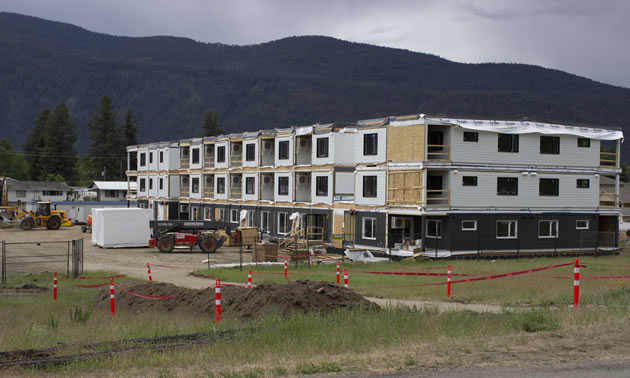
The Building B.C.: Community Housing Fund is building more than 50 affordable rental homes for families and seniors in Grand Forks. — Kevin McKinnon photo
Jennifer Wetmore, manager, community economic development, Community Futures, and economic recovery lead for Grand Forks: “There are some amazing, amazing entrepreneurs in this community. They’ve been fighting the good fight for the last year, and I’m so proud of them.
“We are being as innovative and creative as we can, and other communities need to hear our story and learn from us. They need to protect themselves.”
Emmeline Marshall-Hill, housing branch director, Boundary Flood Recovery: “The Mennonite Disaster Service (a team of volunteers who are repairing and building houses in Grand Forks) is one of the most incredible teams that I have ever had the privilege of working with. These are people—complete strangers to us—who wake up every day and work tirelessly to help. They are fantastic human beings and their enthusiasm is contagious.”
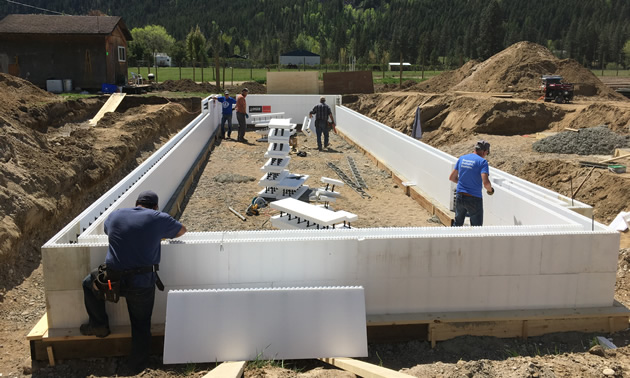
Mennonite Disaster Relief volunteers build new homes in Grand Forks, B.C. — Photo courtesy Amber Armstrong
Amber Esovoloff, Downtown Business Association: “I’m really proud of the way members of our business community have come together and supported each other. All sorts of people are working together in spite of being competitors in business.”
Graham Watt: “We’ve been through a year of recovery with a lot of individual successes, and some collective ones as well. It’s amazing to see people turn the corner and start moving forward. I think that confirmation of the (disaster mitigation) funding would enable that to happen on a large scale, for the whole community.”

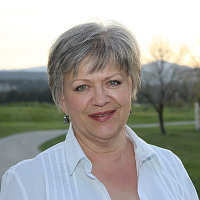
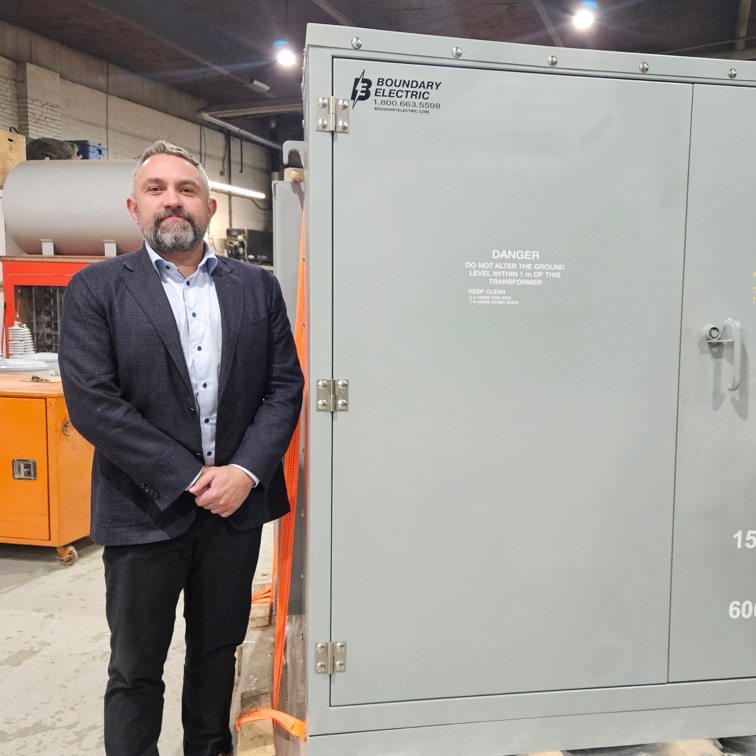
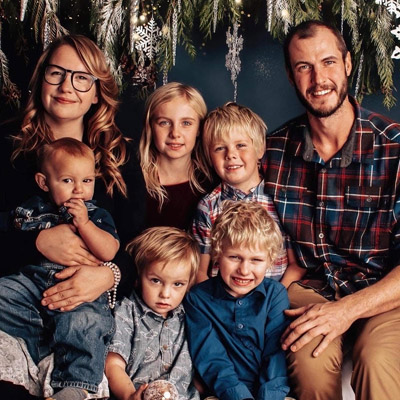


Comments